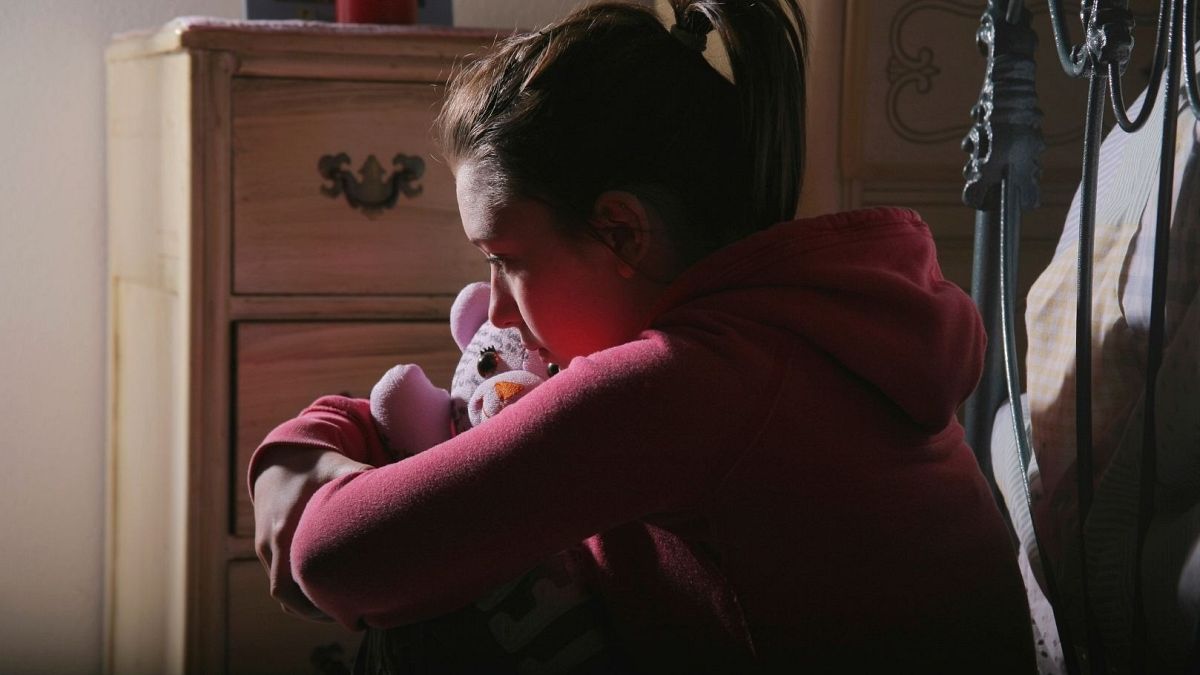School Shootings' Ripple Effect: How Trauma Impacts Mental Wellbeing - Expert Insights for NZ Families

The news of a school shooting, whether it's a local incident or one occurring overseas, can trigger a range of intense emotions. These aren't limited to those directly affected; anxiety, fear, sadness, anger, and a sense of helplessness are common reactions for many. Children and young people, in particular, may experience heightened distress, struggling to understand the event and its implications. Experts emphasize that these reactions are normal responses to an abnormal situation.
While initial reactions are expected, the long-term effects of school shooting trauma can be significant. These can include:
- Increased Anxiety & Depression: A persistent sense of worry, fear, and hopelessness can develop.
- Post-Traumatic Stress Disorder (PTSD): Flashbacks, nightmares, and avoidance behaviours can emerge, particularly in those with prior trauma.
- School Avoidance: Fear of attending school can disrupt education and social development.
- Changes in Behaviour: Irritability, difficulty concentrating, and sleep disturbances are common.
It's important to recognise that individuals will cope differently, and the severity of the impact varies depending on factors such as personal history, support networks, and proximity to the event.
Here's what families and schools can do to foster resilience and support mental wellbeing:
- Open Communication: Encourage children and young people to talk about their feelings. Listen without judgment and validate their emotions.
- Limit Exposure to Media: Constant exposure to news coverage can exacerbate anxiety.
- Maintain Routines: Establishing and maintaining regular routines provides a sense of stability and normalcy.
- Promote Self-Care: Encourage healthy habits like exercise, healthy eating, and adequate sleep.
- Seek Professional Help: Don't hesitate to reach out to a mental health professional if needed. School counsellors, GPs, and specialist therapists can provide support and guidance.
- School-Wide Initiatives: Schools should implement trauma-informed practices, provide mental health resources, and offer support groups for students and staff.
If you or someone you know is struggling, here are some helpful resources:
- Youthline: 0800 37 12 34 (Free, confidential support for young people)
- Lifeline: 0800 543 354 (24/7 crisis and suicide prevention line)
- The Lowdown: https://thelowdown.co.nz/ (Information and support for young people experiencing mental health challenges)
- Mental Health Foundation of New Zealand: https://www.mentalhealth.org.nz/ (Information, resources, and advocacy)
Addressing the mental health impacts of school shootings requires a collective effort. By fostering open communication, promoting wellbeing, and ensuring access to support services, we can create safer and more resilient school communities for all tamariki and rangatahi in Aotearoa New Zealand.




)

